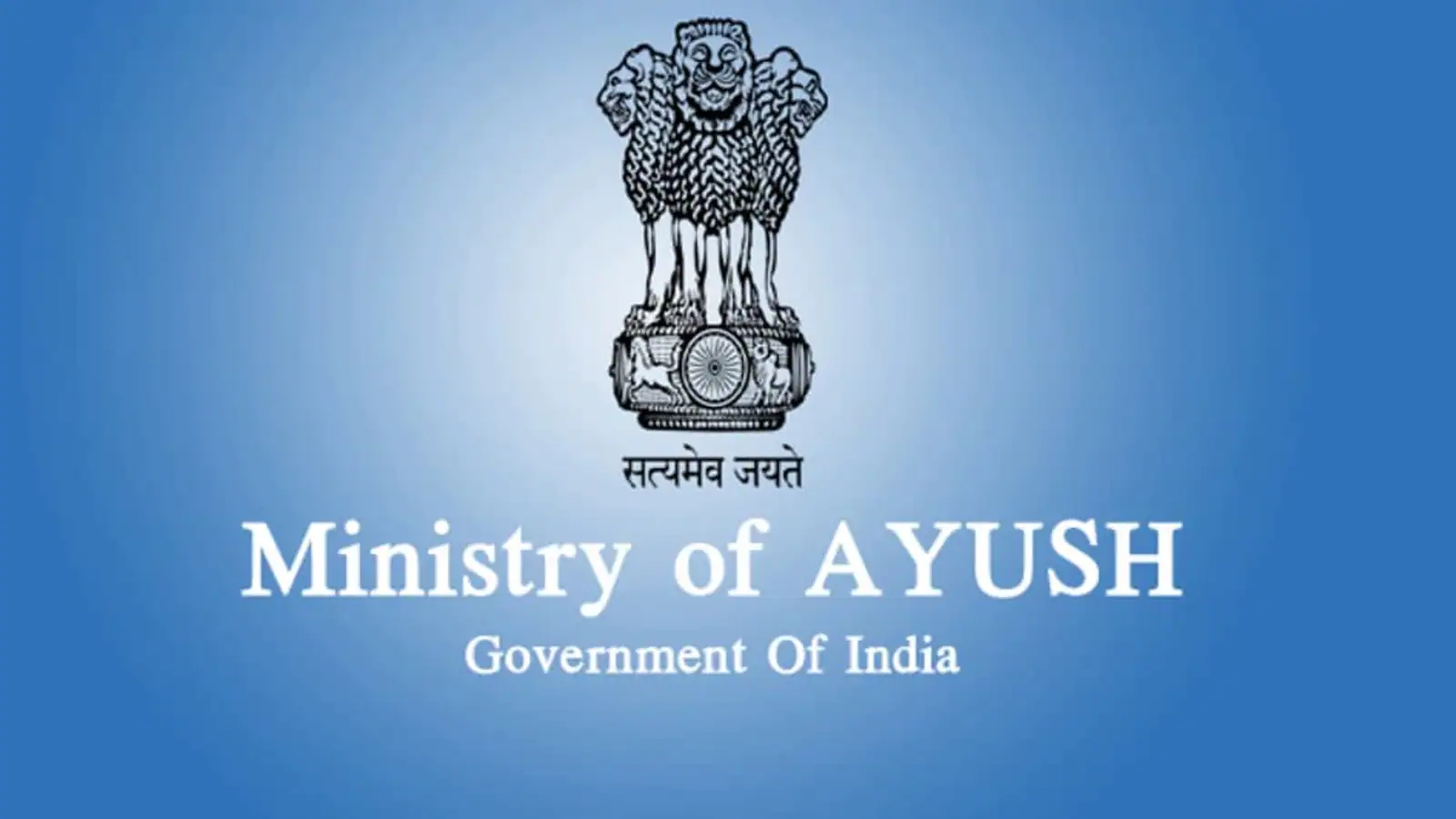Health News: There are many dietary changes you can make to combat Arthritis and inflammation. These include reducing red meat, eating more fruits and vegetables, and cutting out trans fats. You can also reduce your intake of refined grains. This information will help you make better choices for your body. The best place to start is by checking out the food labels on the food you eat.
Reduce red meat
One simple way to reduce inflammation in the body is to reduce red meat in the diet. This meat contains high levels of protein, which requires extra work for the kidneys, which slows down the healing process. Instead, opt for fish and chicken, which are acceptable choices in an anti-inflammatory diet. Both of these meats can be consumed in moderation and are excellent options for people with arthritis. They also go well with vegetables.
However, it is important to note that not all studies have proven that red meat is bad for you. Most studies are observational, which means participants report on what they eat. To get an accurate picture of what foods are healthy for your body, go for randomized controlled trials and meta-analyses. This way, you will be able to find studies with a more reliable result.
Avoid trans fats
It is important to avoid trans fats in your diet for several reasons. First, they are unhealthy. They are produced through the process of hydrogenation, which turns liquid oil into solid fat. This process is used by many manufacturers to improve the texture and consistency of their products and extend shelf life. The American Heart Association recommends that you limit the amount of trans fat you consume daily to less than one percent of your total caloric intake.
Second, trans fats are known to raise bad cholesterol while lowering good cholesterol. They also contribute to increased risk of heart disease. The better you understand the relationship between trans fats and heart disease, the more you can avoid them.
Eat more fruits and vegetables
Many of us are familiar with the phrase “eat more fruits and vegetables for inflammation.” In fact, eating more fruits and vegetables can be beneficial for inflammation. Chronic inflammation is our enemy and has been linked to many diseases. Inflammation is caused by too much sugar, refined carbohydrates, and alcohol, as well as from prolonged stress and lack of physical activity.
Eating fruits and vegetables can have a beneficial effect on the body by lowering levels of C-reactive protein. The government recommends at least five servings of fruits and vegetables per day. The benefits of fruit and vegetables can be enhanced by incorporating anti-inflammatory herbs and spices into your diet. Inflammation can be reduced by eating nine or more servings of fruit and vegetables each day.
Reduce refined grains
Recent research suggests that reducing the intake of refined grains may help with inflammation. This is supported by a large number of epidemiological studies. One study of women in premenopausal stages found that eating one serving of whole grain per day reduced the inflammation markers by 12.3%. However, two large population studies of overweight adults found no relationship between the amount of refined grains consumed and the risk of cardiovascular disease and diabetes.
This study used a dietary test to identify the factors associated with increased oxidized LDL cholesterol. The researchers grouped subjects according to their refined grain intake. This allowed them to compare differences in the oxidized LDL cholesterol levels, which may be an indicator of inflammation. However, it is not clear that this measurement is definitive enough to make the reduction in refined grains a permanent lifestyle change.
Eat more beans
Beans are an excellent source of fiber, phytonutrients, and other compounds that can help your body fight inflammation. They also have a low glycemic index and are an excellent source of protein, especially for vegetarians. Ideally, you should aim to eat one cup of beans a couple of times per week.
Many fruits and vegetables are rich in antioxidants and other compounds that fight inflammation. They also contain small amounts of protein and healthy fats. Try eating at least five to nine cups of fruits and vegetables daily, preferably raw leafy greens.
Reduce sugars
You’ve likely heard that sugar is bad for your health, and while it is true that eating too much isn’t good, reducing your sugar intake can help you combat inflammation and prevent other chronic health issues. You can reduce your sugar intake by swapping out processed foods with healthier alternatives, such as avocados, nuts, and whole grains. You can also choose to consume less red meat, which is high in saturated fat, and low-fat dairy products, which have anti-inflammatory effects.
You can also eat more fruits and vegetables. These foods contain natural sugars, which can be processed by your body. For example, an all-fruit spread on whole grain is healthier than jams containing added sugar. In addition, you can replace brown sugar with fresh or frozen fruit. If you’re going to use canned fruit, make sure that it is canned in water or natural juice.
Reduce saturated fats
Despite recent studies linking saturated fat to heart disease, there is still debate on the overall health impact of this fat. Nonetheless, moderate amounts of saturated fat are beneficial for overall health. A 2015 review found that reducing saturated fat in the diet may lower the risk of heart disease. For this reason, the authors suggest replacing saturated fats with unsaturated fats. However, a diet high in saturated fats is not healthy for the body and can lead to weight gain and increased risk of CVD and cardiovascular disease.
It is also worth noting that monounsaturated and omega-3 fats can help reduce inflammation. The triglyceride-to-HDL-C ratio, which correlates with inflammation, is a strong risk factor for heart disease. Changing saturated-fat intake, however, has minimal effect on this ratio. Researchers have not yet found clear evidence regarding the association between saturated fat and other inflammatory biomarkers, including cytokines and adipokines.
- Quantum Breakthrough: Room-Temperature Superconductivity Achieved
- India’s Cricket Fervor Hits Fever Pitch as World Cup Final Nears
- India Takes on Australia in the 2023 ICC Men’s Cricket World Cup Final
- Pharma Jobs: AIIMS Raipur Announces Direct Recruitment for 31 Pharmacist and Dispensing Attendant Positions; Applications Open till July 31, 2023
- Got Utkarsh Small Finance Bank IPO? Find Out NOW! Simple Steps to Check Your Allotment Status!
- Voltas and Zee Entertainment Lead as Volume Toppers in Stock Market; See High Trading Activity








